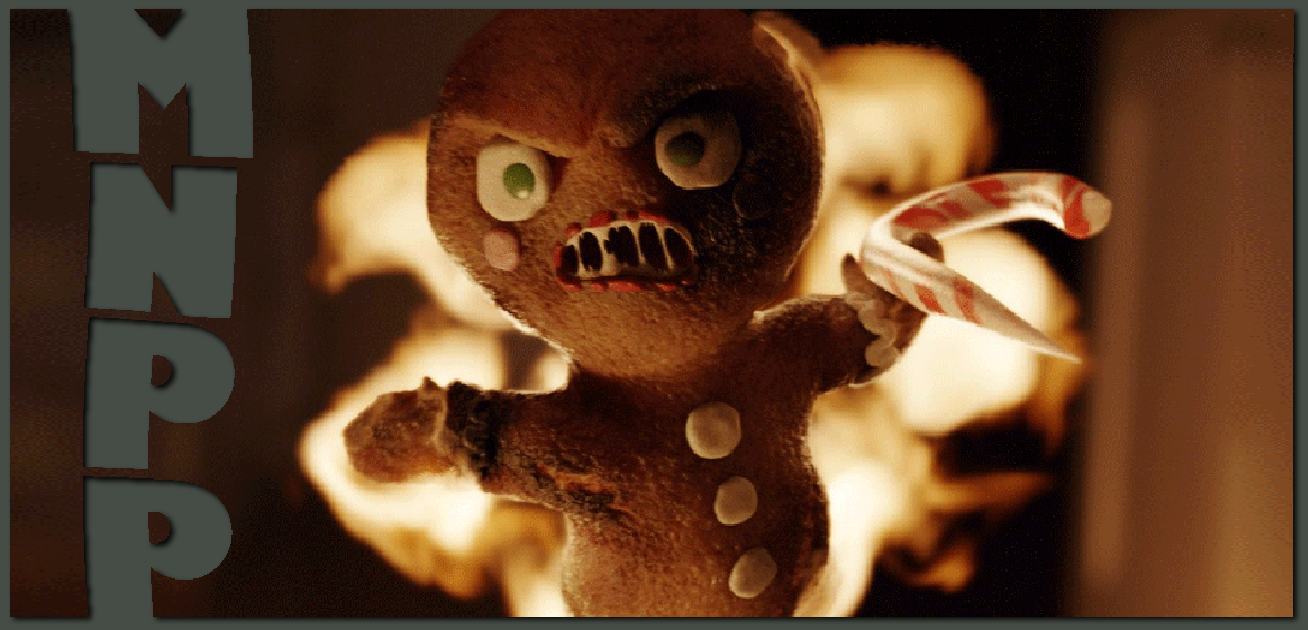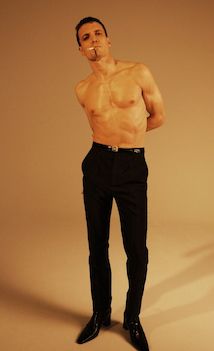 Over at The Advocate they spoke with Colin Firth about A Single Man. There's a lot of back and forth about director Tom Ford saying this isn't "a gay film," and I found this exchange interesting:
Over at The Advocate they spoke with Colin Firth about A Single Man. There's a lot of back and forth about director Tom Ford saying this isn't "a gay film," and I found this exchange interesting:
Advocate: How much did George’s sexuality inform your performance?
Firth: Almost not at all. If the character I was playing was struggling with his sexuality, then I would’ve had to make that a part of the performance, but that’s not an issue here. Besides, I have too many friends of various sexual orientations to ever fall into any kind of stereotype, so it would never occur to me to “play gay” or “play straight.” If I were playing a character who flaunts his sexuality in a particular way — whether he’s a screaming queen or so insecure about his sexuality that he’s got a macho thing going on — then I’d look at that character trait and how it comes out. But that’s not George, so there was nothing to play in that respect. It was just about love and isolation.
It's all about walking that thin queer line, ain't it? The battle between the personal, the specific, and that elusive broad appeal. And then the controversy about the PR materials comes up:
Advocate: There’s been some controversy over the “de-gaying” by the Weinstein Co. of the film’s new one-sheets and trailers, which focus less on the gay love story and more on the platonic relationship between George and Julianne Moore’s character, Charley. Do you think that does a disservice to the film?.
Firth: Yes, I do. It is deceptive. I don’t think they should do that because there’s nothing to sanitize. It’s a beautiful story of love between two men and I see no point in hiding that. People should see it for what it is.
He also takes the right route when discussing man-on-man and calls Matthew Goode a "good kisser." You're good with me, Colin.
.
.





































1 comment:
I always liked Paul Rudd's response when questioned if it was hard to kiss a man on film. He pointed out that noone ever asks a person who, say, plays a maniac on-screen if it was hard to pretend to kill someone...but somehow, playing a gay character is seen as really stepping outside one's comfort zone.
Post a Comment